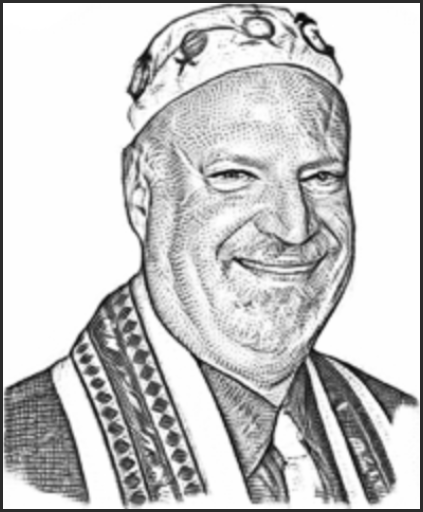By Elizabeth Barhydt
With few days remaining in the 2025 legislative session, State Senator Ryan Fazio is warning constituents in New Canaan that critical decisions affecting taxes, housing, and energy remain in flux. “There is more to be determined in the next 10 days than in the last 10 weeks,” he wrote on May 27, emphasizing the implications of final votes on the state budget.
At the center of Senator Fazio’s concerns is the potential dismantling of the state’s long-standing fiscal discipline measures, known as the fiscal guardrails. “The legislature has already passed two bills that the governor signed which spend money above the spending cap,” Fazio stated, noting that lawmakers were invoking a “questionable ‘state of emergency’” to increase spending by nearly $300 million beyond the statutory limit.
The guardrails, including the volatility cap, debt cap, and spending cap, were instituted during the 2017 session when party control in the Senate was evenly split. According to Fazio, “the volatility cap alone has paid down $8 billion of our roughly $90 billion in unfunded liabilities and avoided over $700 million in higher taxes annually.” Since their adoption, the state has not enacted a major income tax increase and has retired billions in debt.
Now, Fazio warned, those principles are being set aside. “The budget proposals that passed the Finance Committee and Appropriations Committee along party-line votes included: Increases taxes by over $850 million, including a 1.75% capital gains tax surcharge and business tax surcharge.” He added that the new proposals “pay down $1.8 billion less debt by increasing the Volatility Cap threshold by that amount, allowing that money to be spent instead.”
He also pointed to additional violations of the spending cap, writing that the proposal “increases spending by over $450 million above the Spending Cap, which already allows spending increases at 5.1% and 5.4% over the next two years.” A new $300 million off-budget education fund “allows even more spending above the Spending Cap,” Fazio said, calling the developments indicative of a “final package [that] will borrow more… spend more… and raise taxes at least moderately.”
Fazio’s critique extends beyond fiscal issues to what he described as an unprecedented challenge to local zoning autonomy and extremely high energy costs.
On energy reform, Fazio reiterated his long-standing effort to lower electricity rates, highlighting a public campaign to reduce the Public Benefits charge through legislation. “Recently I kicked off a broader state town hall tour on electric rates to inform the public of the roots of the problem and our proposal, S.B. 647,” he wrote, stating that the bill could “cut rates by around 20%.” The tour’s first forum was held in New Canaan and “attended by over 100 people.”
Though negotiations continue, Fazio said compromise legislation was in development. “It’s long overdue and it won’t be enough,” he wrote, “but I am hoping we can force passage of some positive reforms that both sides agree on.”
As the session nears its close, Fazio invited constituents to contact him or his office with questions. “I greatly appreciate the honor of representing our wonderful district and hope I can do whatever I can to make our community and state a better place in the closing days of this session.”



